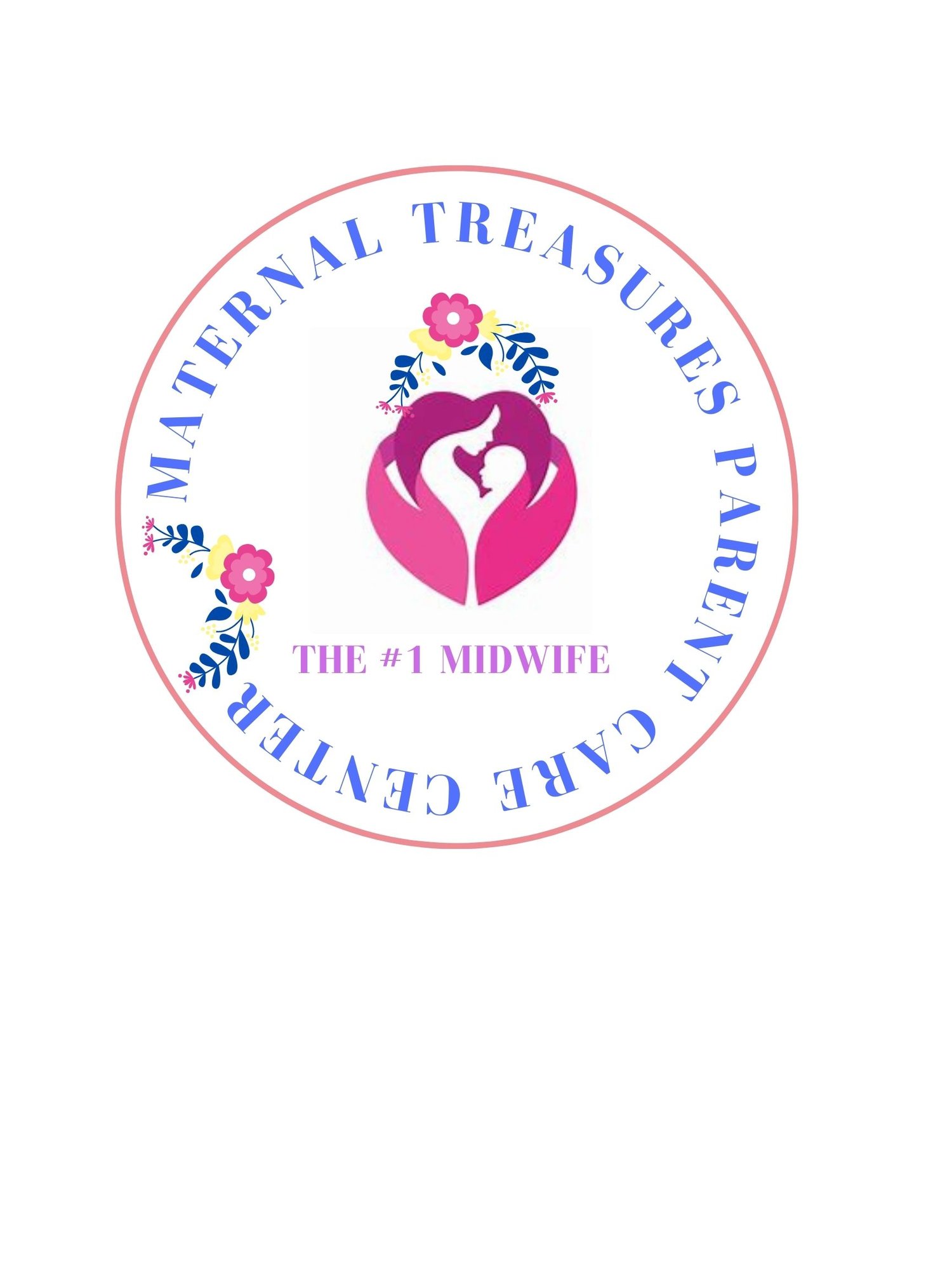Special dietary requirements apply to pregnant women in order to promote the fetus's growth and development. Serious effects from poor nutrition can include low birth weight and preterm delivery.
Your calorie needs throughout pregnancy may change depending on your weight and degree of exercise. Approximately 1,800 calories are needed by most pregnant women in the first trimester, 2,200 calories in the second, and 2,400 calories in the third. During pregnancy, doctors typically advise gaining 25 to 35 pounds more weight.
Folic acid: A B vitamin that helps prevent birth defects of the brain and spinal cord, including spina bifida, is folic acid. Pregnant women should take folic acid every day, according to nutritionists. Folic acid, or folate in its unprocessed state, can be found in citrus fruits, leafy greens including spinach, asparagus, and broccoli, and dry beans.
Calcium: Found in milk, cheese, yoghurt, cottage cheese, broccoli, and spinach, calcium aids in the development of bones. Pregnant women over the age of eighteen (18) need 1,000 mg daily, while those under the age of eighteen (18) need 1,300 mg. Prenatal vitamins frequently include calcium, vitamin D, and other substances that help to grow strong bones.Pregnant women over the age of eighteen (18) need 1,000 mg daily, while those under the age of eighteen (18) need 1,300 mg. Prenatal vitamins frequently include calcium, vitamin D, and other substances that help to grow strong bones.
Protein: 75–100 grammes of protein per day are needed by pregnant women. In addition to being high in protein, meat, poultry, seafood, legumes, and nuts also contain significant amounts of zinc, magnesium, and iron. However, because high amounts of mercury in fish might damage the developing brain of the foetus, pregnant women should limit their intake of fish like king mackerel and swordfish.
Iron: Eating a diet high in iron is vital during pregnancy. Lean meat, poultry, fish, legumes, and whole grains are foods high in iron.
Fruits and vegetables: An estimated 4.5 cups of fruits and vegetables should be consumed daily by pregnant women. Folate, fibre, vitamins C and A, and other phytochemicals can support the health of both you and your developing child. Fruits and vegetables' high water and fibre content can also help avoid constipation during pregnancy.
Hydration: Try to consume 6 to 8 cups of liquids a day. The majority of doctors advise avoiding coffee during pregnancy since it can impact the fetus's breathing and heart rate.
There is no amount of alcohol that is safe to consume while pregnant. It is crucial to take precautions when handling or preparing food since pregnant women are more vulnerable to foodborne illnesses.
Conclusion:
Maintaining a healthy pregnancy means eating the right foods. Remember you are growing a little human inside you. Getting all the right nutrients is important for you and baby.


Comments ()